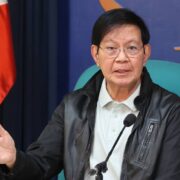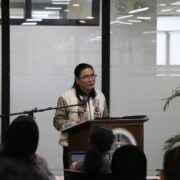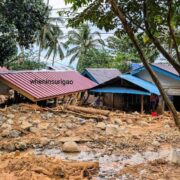Women losing breast cancer battle amid financial hardships
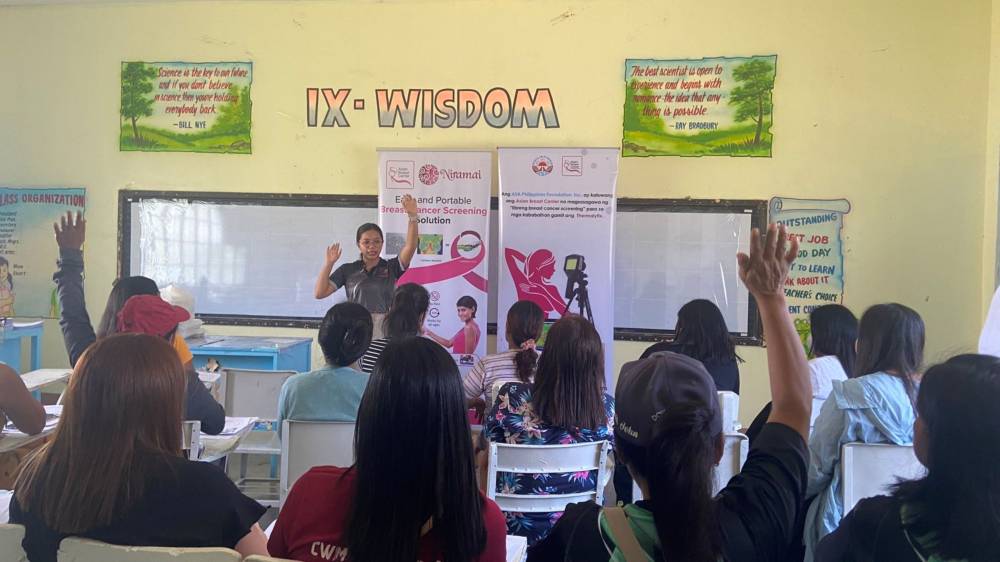
Last December, a 47-year-old beautician consulted with the Asian Breast Center (ABC) and was found to have two breast masses. The right breast mass, first detected in 2023, had significantly grown within six months. A new mass was discovered in the left breast in October 2024. During the physical examination, alarming skin changes were also observed on the right breast.
Facing financial constraints, the beautician and her jeepney driver husband had to borrow money to fund the necessary biopsies. The results revealed invasive carcinoma in the right breast, signifying that abnormal cells had invaded surrounding healthy tissues. The left breast was diagnosed with ductal carcinoma in situ, indicating that abnormal cells were confined within the milk ducts.
Dr. Norman San Agustin, president and CEO of ABC, recommended neoadjuvant therapy–treatments aimed at shrinking tumors and preventing the spread of cancer cells before surgery. The beautician has been actively seeking financial assistance from nongovernmental organizations.
Dr. San Agustin shared with Lifestyle that ABC encounters many cases of low-income cancer patients requiring immediate treatment. A significant portion lacks the funds for biopsies, the crucial procedure for tissue examination. Some patients, unable to raise money, opt for alternative remedies such as detoxing and herbal teas, hoping for spontaneous tumor shrinkage.
“We are not a poor country,” Dr. San Agustin says, “but a poorly managed one.” The health-care system remains inaccessible to a significant portion of Filipinos due to poverty, inadequate financing, and insufficient government support. This reality weighs heavily on him, leaving him grappling with feelings of helplessness.
Nightmares
“I’ve been plagued by nightmares about these women who have resigned themselves to their fate,” Dr. Agustin says. “They return to their provinces to face the end of their lives surrounded by their families, but with limited access to proper care.”
Dr. Agustin returned to the Philippines after a distinguished four-decade career as a leading surgeon in the United States. He harbored two primary goals: to elevate the standards of health care, particularly in breast cancer treatment, and to ensure that high-quality services were accessible to low-income populations.
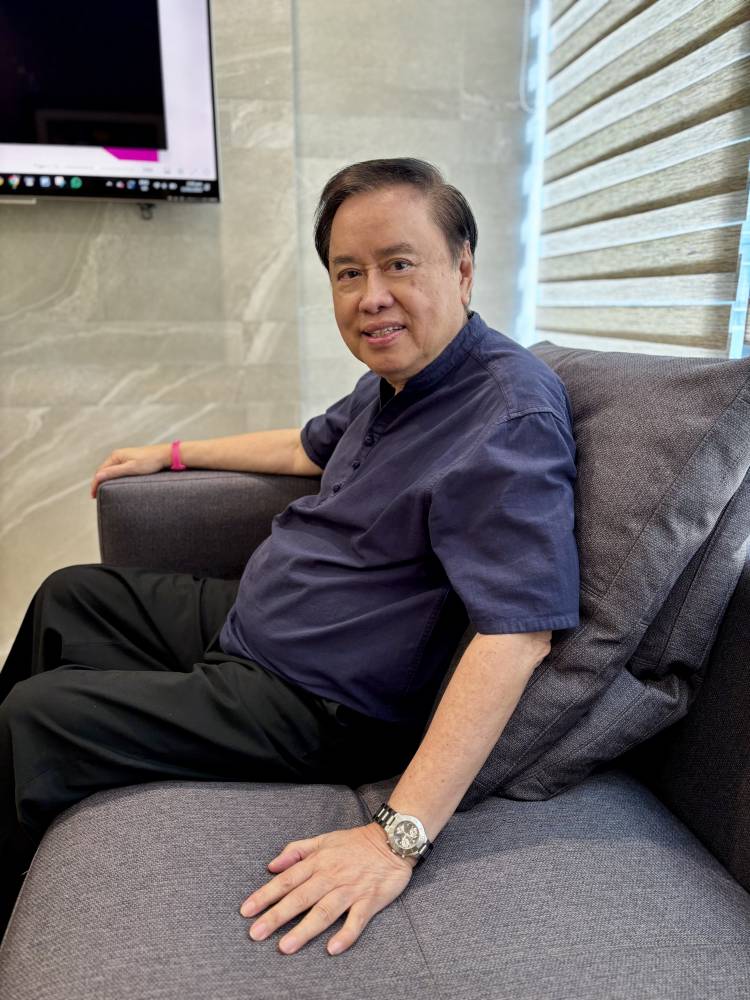
“We successfully established the Asian Breast Center,” Dr. Agustin says. ABC is an ambulatory center specializing in precision medicine for the diagnosis, treatment, and management of breast cancer.
“When we opened in 2018, 90 percent of our patients came from affluent backgrounds. This is why we have this lounge,” he adds, gesturing toward a comfortable waiting area.
The patient profile at the Asian Breast Center (ABC) has undergone a dramatic shift in the past seven years. A surge in underprivileged patients has been observed. Last year, ABC screened over 9,000 women from low-income communities in the capital region and Luzon. Seven thousand of these screenings were sponsored by ABC’s partner, CARD MRI (Center for Agriculture and Rural Development Mutually Reinforcing Institutions), a leading microfinance and social development organization.
Given that most CARD MRI employees are over 40 years old, breast screenings were conducted using the Thermalytix, a portable, computer-aided device for early breast cancer detection. This cost-effective method, priced at only P1,500 per screening, offers a more accessible alternative to mammography.
Over 2,000 additional women were screened through partnerships with various local government units (LGUs) and sponsorships by other microfinance institutions, politicians, private citizens, and women’s cooperatives in Bulacan and Nueva Ecija.
Furthermore, ABC has encountered cases of indigent women who underwent unsuccessful surgeries in government hospitals. When these patients seek treatment at ABC, the cost of their care often proves prohibitive.
Bureaucracy and delays
Dr. San Agustin highlights the contrast in treatment costs: “The minimum cost of treating late-stage cancer can reach P1.67 million, while early-stage breast cancer can be managed for approximately P110,000. This underscores the importance of early detection.”
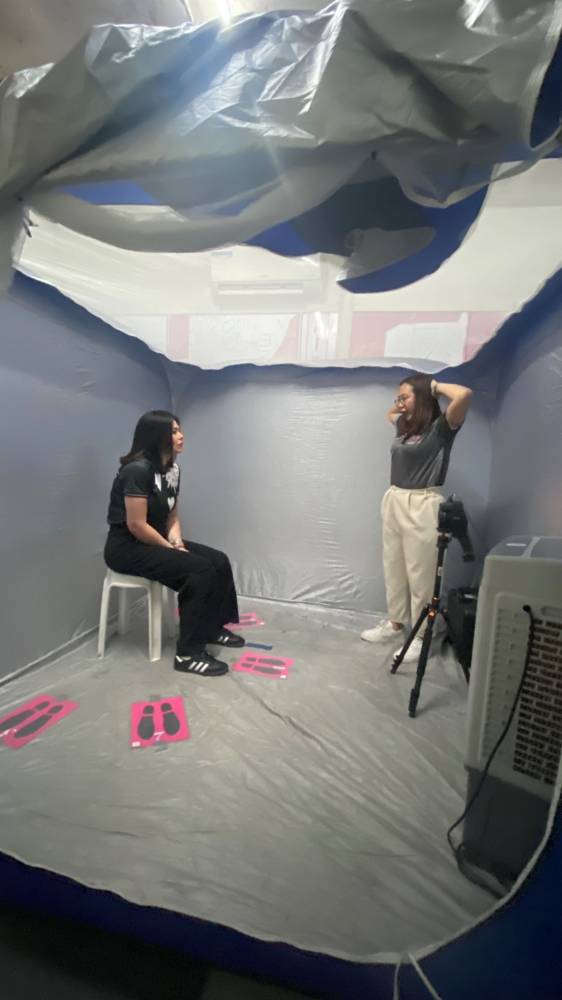
However, the challenge lies in securing financial assistance for these indigent patients once a diagnosis is made. ABC employs a dedicated social worker to actively seek funding from various organizations to support patient treatment. Despite these efforts, the current level of funding remains insufficient to meet the growing needs of this vulnerable population.
The PhilHealth Z package for cancer provides coverage of P1.4 million. This package, intended for advanced stages, including breast cancer, includes hospital stays, laboratory tests, surgery, and medication. However, only 19 hospitals currently accept the PhilHealth Z package, and there is no guarantee that the government can cover all associated expenses with the volume of patients.
Dr. San Agustin has been discussing with PhilHealth the development of an A package specifically for preventive care or treatment of early- to mid-stage cancer. This proposed package would encompass Thermalytix screenings, diagnostic procedures, ultrasound-guided biopsies, and lumpectomies (tumor removal).
For Thermalytix to be included in this package, it must undergo assessment by the Health Technology Assessment Council (HTAC). ABC applied for Thermalytix’s approval by HTAC for it to be included in the PhilHealth plan. Unfortunately, bureaucratic barriers have stalled the application process. This delay was further compounded by a substantial backlog of pending applications for drugs, treatments, and procedures within HTAC, extending into the fourth quarter of 2025.
To speed up the application process, PhilHealth endorsement is crucial. Likewise, this action has been facing delays.
In the context of cancer, time is critical. Dr. San Agustin says, “We need to detect and treat cancer in its early stages. Patients face hurdles when the disease progresses to advanced stages.” He further highlights the need for the country to address the plight of cancer patients.
“If only there were a better way to assist them,” Dr. San Agustin concludes.


